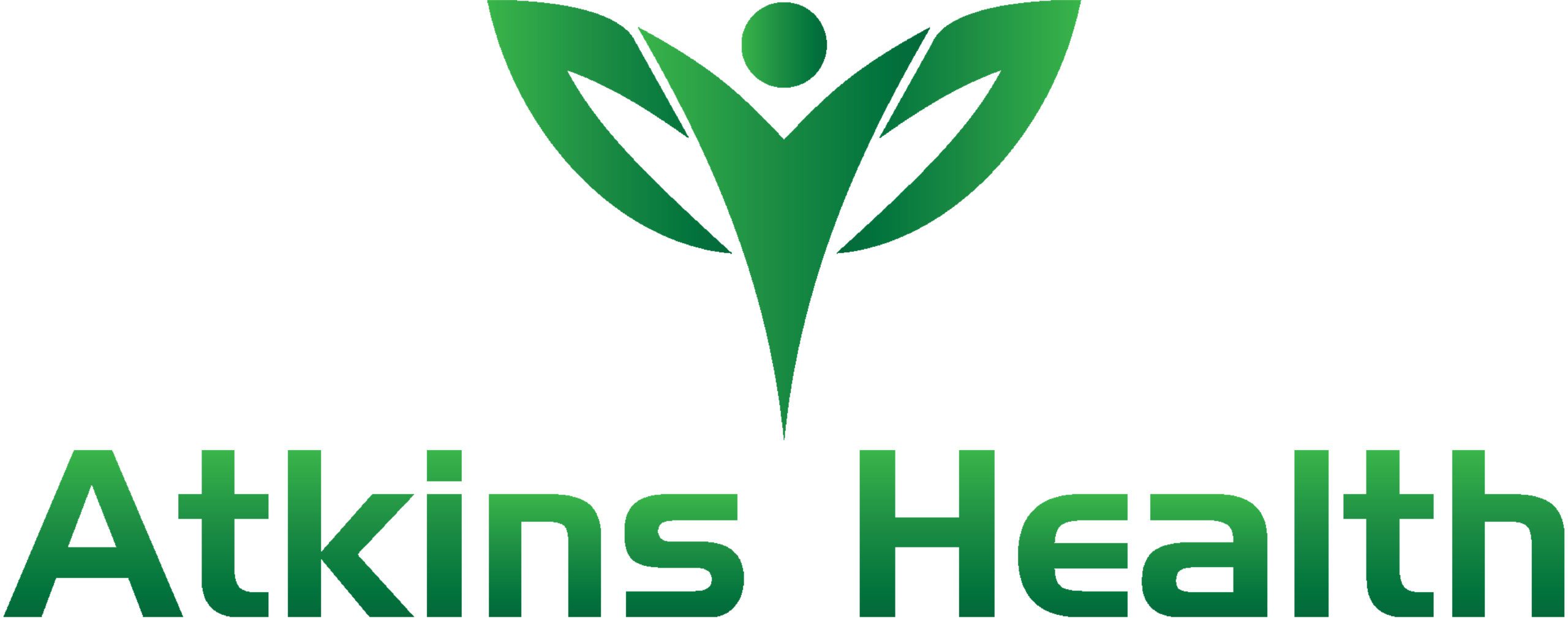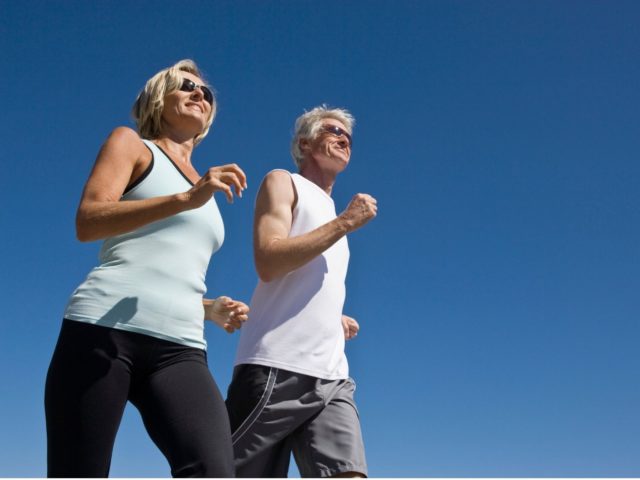PD Revolution
What is Parkinson’s Disease?
It can affect motor skills such as movement of limbs and control of muscles, non-motor skills such as cognition and mood, and of course, daily routines and quality of life. Not everyone will experience the same symptoms and the severity and progression of symptoms can vary widely between individuals.
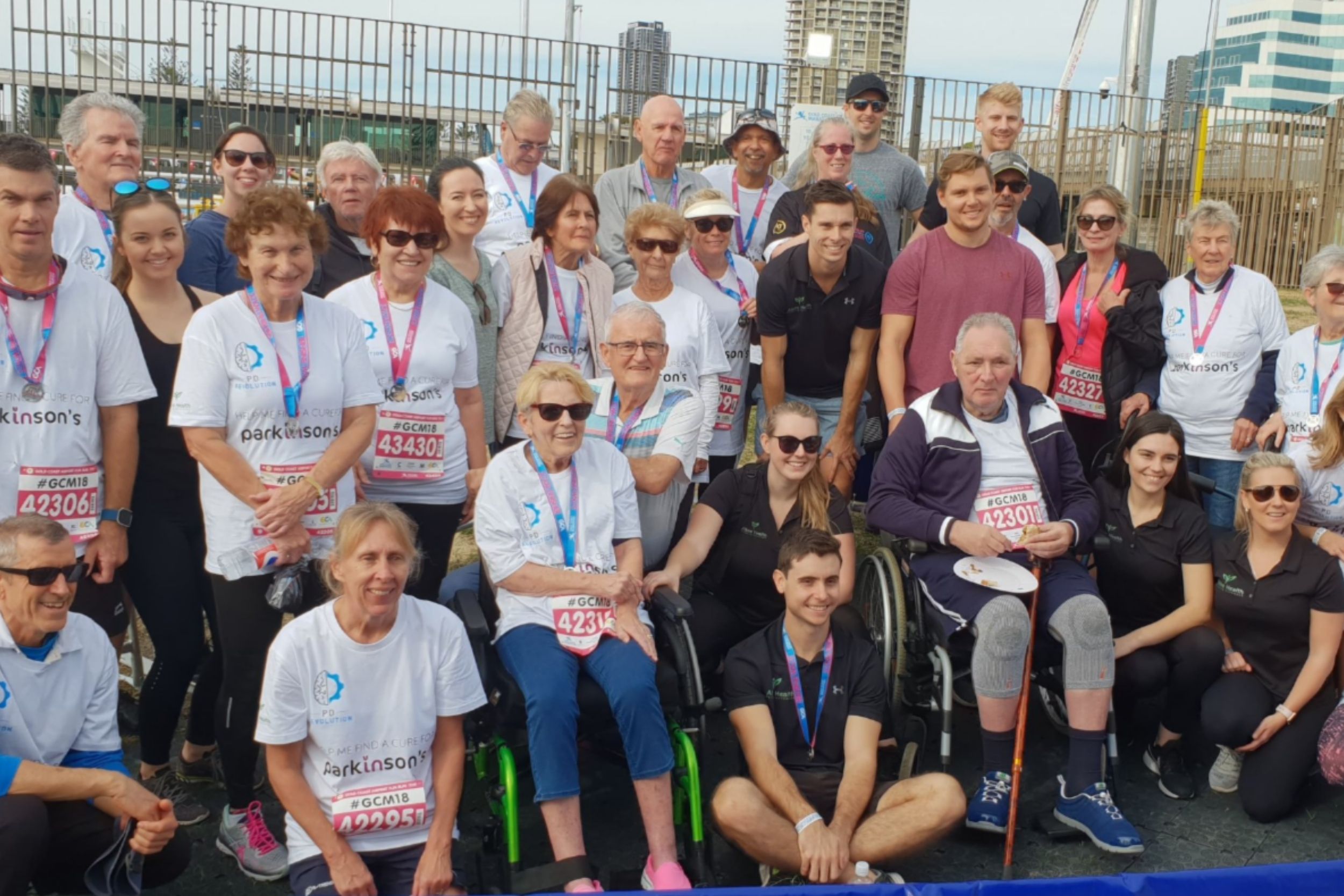
In addition to our regular group classes, we also run specialised community-based programs and through our partnership with Gold Coast Marathon, our Parkinson’ disease PD Revolution clients have participated in a shorter version of the marathon annually since 2017, an achievement of which both we and our clients are also immensely proud.
Join Us Today
Sessions for Parkinson’s Disease clients start with an Initial Consultation, in which the Atkins Health team assesses long and short-term goals, bio-mechanical breakdown on movements, and conducts base-level testing.
The first step is to undergo a 45-minute assessment from which we will tailor your custom exercise program. Learn more about our program.
Cause and Symptoms of Parkinson’s

The cause of the reduction in dopamine levels in Parkinson’s Disease is due to a substantial reduction in nerve cells called Substantia Nigra. It is these specific cells in the brain that are responsible for the production of dopamine. Unfortunately, the reason for the death of these cells is still unknown.
Parkinson’s Disease is categorised as a movement disorder. Symptoms may include shuffled gait, tremor/shaking, decrease in balance, slowness of movements (bradykinesia), and “freezing” episodes. However, it doesn’t just affect the way we move, it can also cause non-motor symptoms such as problems with memory, thinking, sleeping, pain, and sensory changes.
The Importance of Early Detection
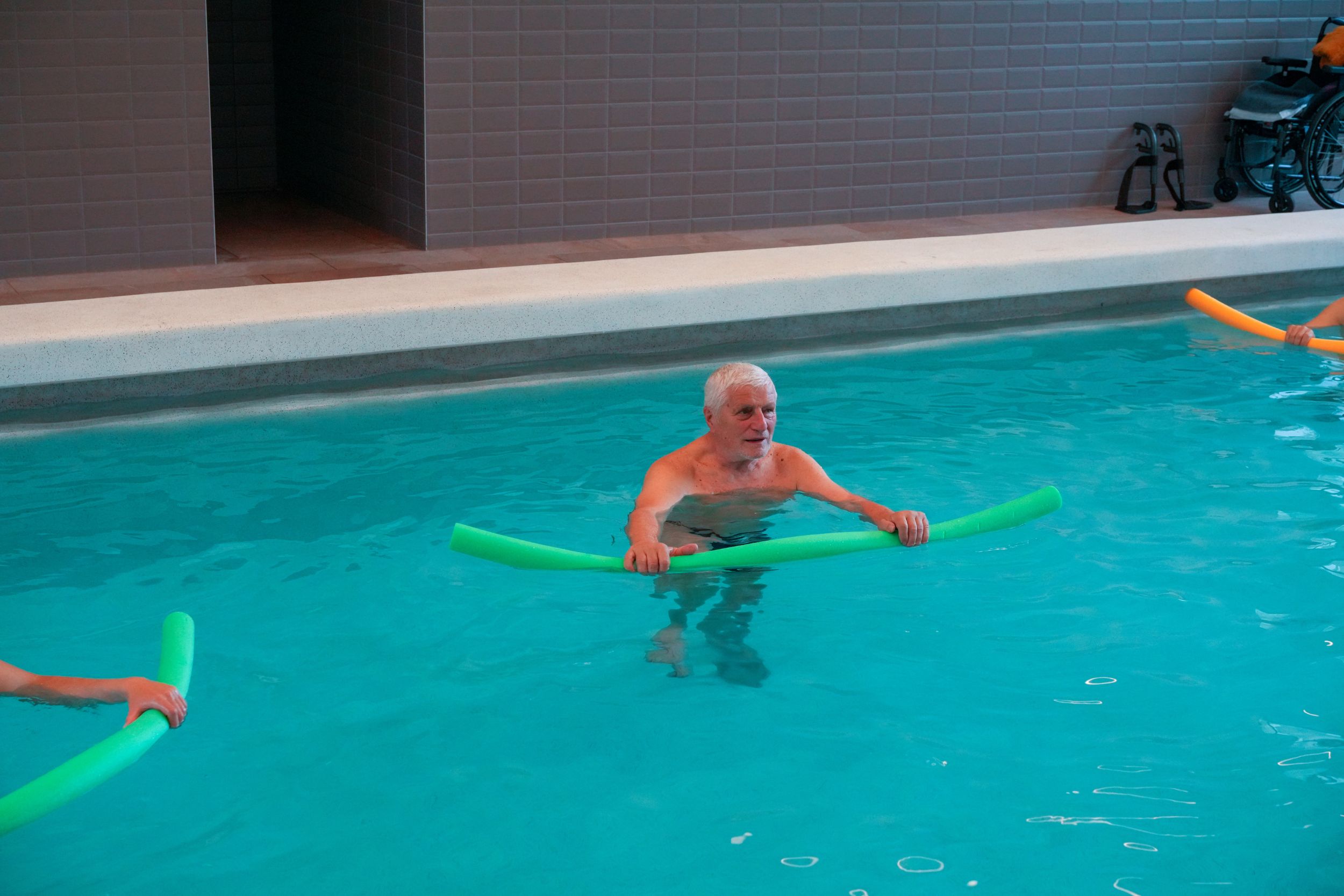
It’s important to note that the symptoms and progression of Parkinson’s disease can vary from person to person. Early detection and appropriate medical intervention can help manage the symptoms and improve quality of life for those affected by this condition.
The most common initial manifestation of the disease is a slight shaking or tremor in one hand, which may progress over time. The symptoms of Parkinson’s Disease can make everyday tasks challenging for individuals with the condition, which is why Atkins Health’s PD Revolution is designed to help people living with the disease cope better with the impact of their symptoms.
Diagnosis of Parkinson’s Disease
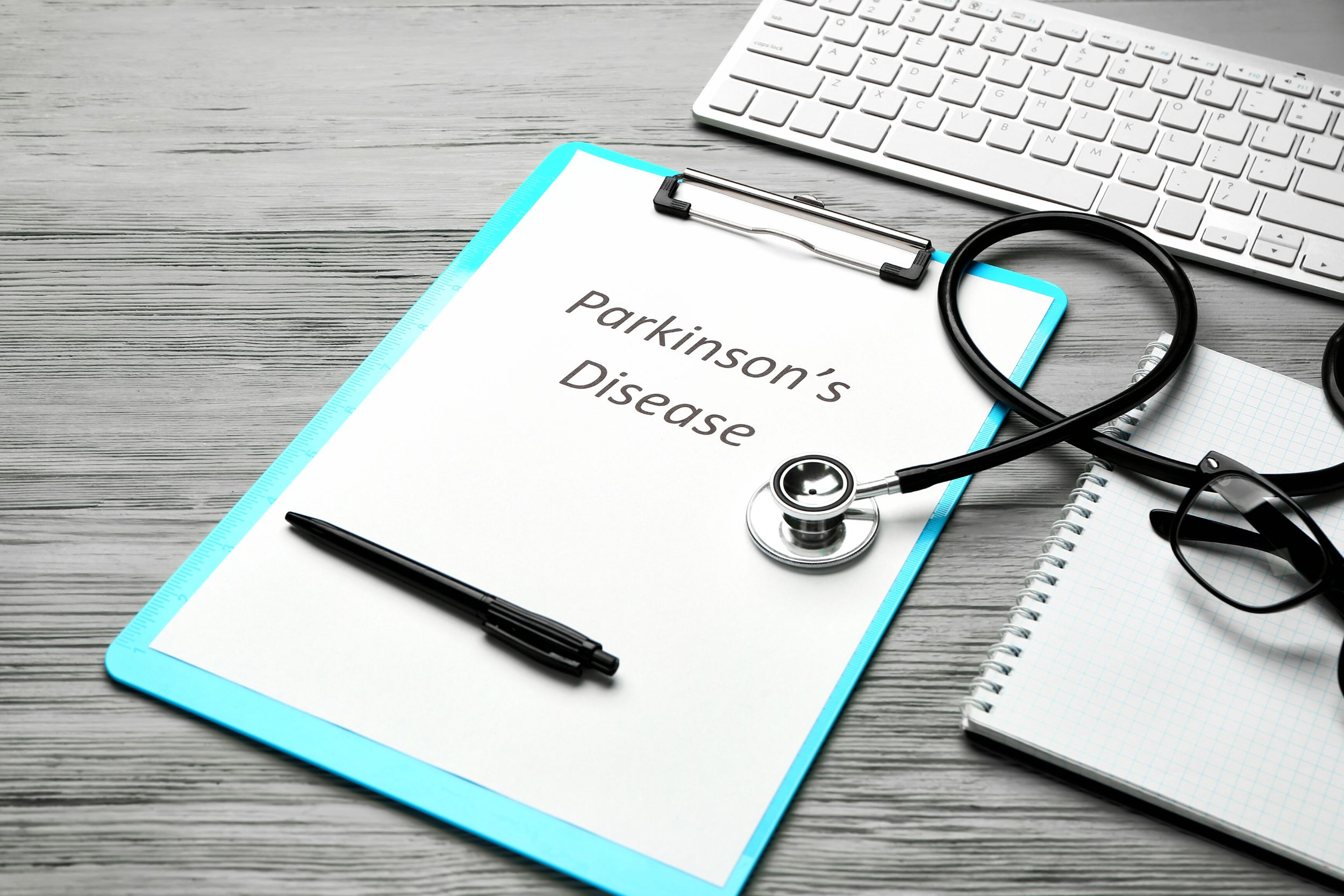
To help with early detection if you have any concerns, organise an appointment with your local general practitioner who can organise a referral to a neurologist. A simple test to help determine whether you should be seeking medical assistance, is if two or more of the symptoms below has been present for a considerable duration:
- Shaking or tremor
- Slowness of movement, called bradykinesia
- Stiffness or rigidity of the arms, legs or trunk
- Trouble with balance and possible falls, also called postural instability
How Does Exercise Help?
There are a number of ways that the progression of the disease can be slowed, including exercise, medication and deep brain stimulation (DBS). Research has proven that Parkinson’s Disease-specific exercises – those that are based on a model of neuroplasticity – can greatly slow the progression of Parkinson’s Disease.
Neuroplasticity is the brain’s ability to adapt to its needs by creating new neural pathways to compensate for injury and/or disease. By incorporating a modification change like exercise, Parkinson’s sufferers have seen improvements in gait technique, improved balance, and decreased freezing episodes. Additionally, an improvement of fine motor skills, delaying the need to increase medication dosages, and improving the ability to perform complex movements have also been proven through research.
How PD Revolution Can Help
PD Revolution Road Map
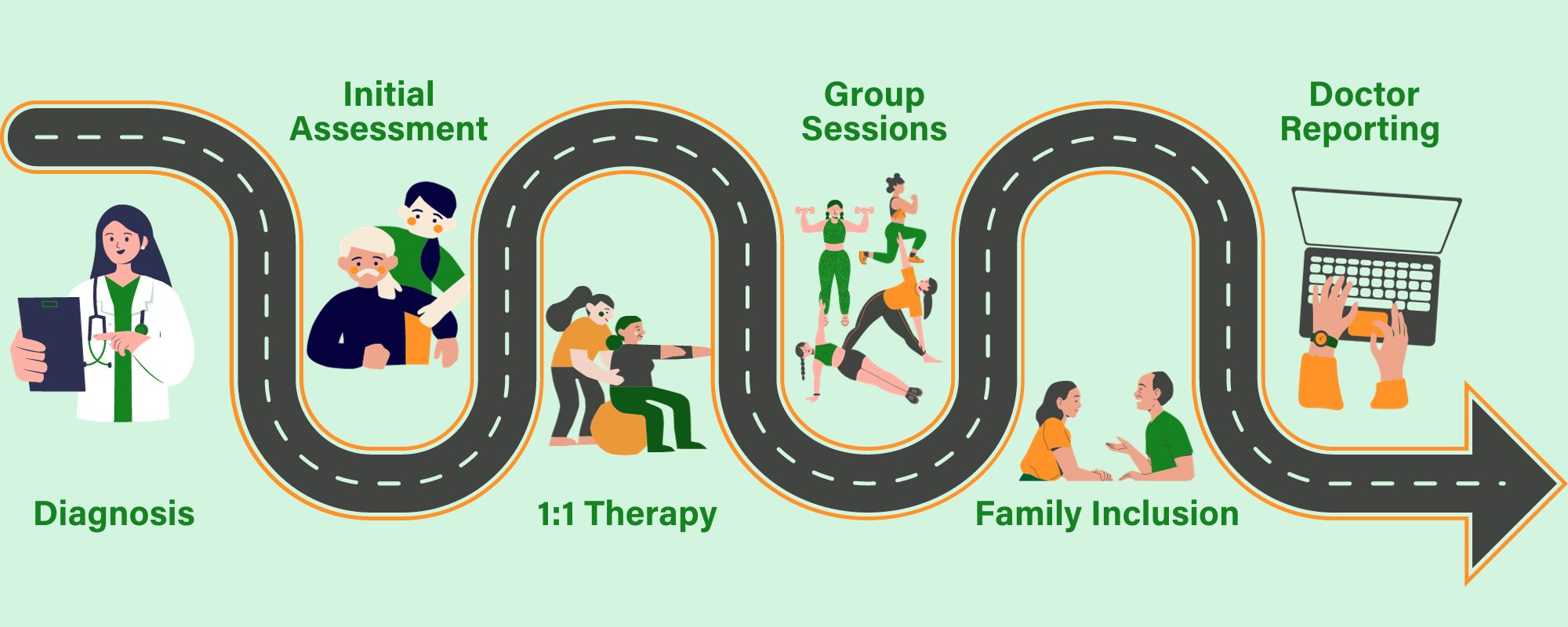
Diagnosis
Parkinson’s disease is diagnosed based on a patient’s medical history, a physical and neurological examination, and the presence of certain symptoms. There is no definitive test for Parkinson’s disease and early symptoms of Parkinson’s can be subtle and progress slowly, therefore it can be difficult to diagnose in the early stages.
Initial Assessment
The initial assessment involves a comprehensive process completed by one of our exercise physiologists, to establish current health status, exercise history, lifestyle, and personal goals. It includes a health screening questionnaire, a physical assessment, goal setting, development of an exercise plan, and a schedule for progress checking.
1:1 Sessions
In a 1:1 session an EP works closely with a client providing personalised guidance. The sessions are mostly devoted to exercising according to the tailored plan they’ve created. They will supervise and guide each activity to ensure they’re being performed correctly and safely. Modifications will be made based on observations and the client’s feedback.
Group Classes
In optional group classes the EP continues to closely monitor and guide participants, however each will be working on their own specially designed program. Our group classes are particularly popular due to the social aspects and sense of belonging they bring. They’re a great way to make new friends and build important social networks.
Family Involvement
Family involvement is vitally important. A strong support system can significantly influence a client’s quality of life, plan adherence, and overall well-being. Six-weekly we invite family/carers to join us to discuss progress and future plans. Open communication about feelings, symptoms, and concerns help ensure that the client’s needs are met.
Doctor Reporting
Regular reports to doctors are crucial in managing Parkinson’s disease, for effective disease progression monitoring, medication management, identification of new symptoms, management of side effects, emotional support, and lifestyle advice. Regular reports allow doctors to track changes and adjust their treatment plans accordingly.
Two Gold Coast Locations
The Atkins Health team are very proud to report that all clients that have come into the PD Revolution exercise program have seen improvement in their condition.
Runaway Bay
Our Runaway Bay clinic based at the Gold Coast Performance Centre offers two one-hour classes every Thursday, at 12.45pm and at 1.45pm.
Varsity Lakes
Our Temple Gym Varsity Lakes clinic offers a one-hour PD Revolution class every Tuesday at 10am
PD Revolution – Our Group Exercise Class
PD Revolution is our Parkinson’s disease-specific group exercise program. The program is aimed to improve gait, reduce freezing episodes, improve balance, improve fine motor skills, delay the need to increase drug treatment and ultimately regain confidence and independence. PD Revolution is comprised of land and hydro based exercises through individual and group settings, but the real key to the program is the social, supportive environments created by staff and clients alike.
Matthew Ternes, our General Manager, was the pioneer of PD Revolution, now the largest group exercise program on the Gold Coast, specifically designed for Parkinson’s Disease. I asked him how it came to fruition.
My interest in health began early in life and led to a sporting career travelling throughout Australia and New Zealand playing tennis. During this time, I realised that using exercise and movement to improve people’s health was my calling.
When on neurological placements while studying exercise science, I found that clients who had been diagnosed with Parkinson’s disease, Huntington’s, motor neuron and many other conditions, were merely being provided medication and nothing more. There were no exercise plans or rehabilitation protocols to help clients’ daily home activities, walking, balance and fine motor skills, and most importantly, with their confidence moving forward.
This is where my passion started with neurological rehabilitation – I knew there was a variety of exercise-based neurological principles in research, and I wanted to be able to educate allied health, medical practitioners, and most importantly clients, to provide them with the tools and support at home and in the community.
– Matthew Ternes, General Manager, Atkins Health
PD Revolution Supports Emotional Wellbeing
Depression and Anxiety: Many people with Parkinson’s experience feelings of sadness, fear, and worry. These feelings can be a reaction to the diagnosis, but they can also result from physical changes in the brain caused by the disease.
Social Isolation: Changes in physical abilities, speech, and appearance can make people with Parkinson’s feel self-conscious, leading them to avoid social situations and potentially resulting in isolation.
Stress and Frustration: Managing symptoms, medication schedules, and healthcare appointments can be stressful. Changes in physical capabilities can also lead to frustration and a sense of loss.
Relationship Strains: The roles within families and friendships may shift as the disease progresses, which can strain relationships. For example, spouses may become caregivers, and this new dynamic can be challenging to navigate for both parties.
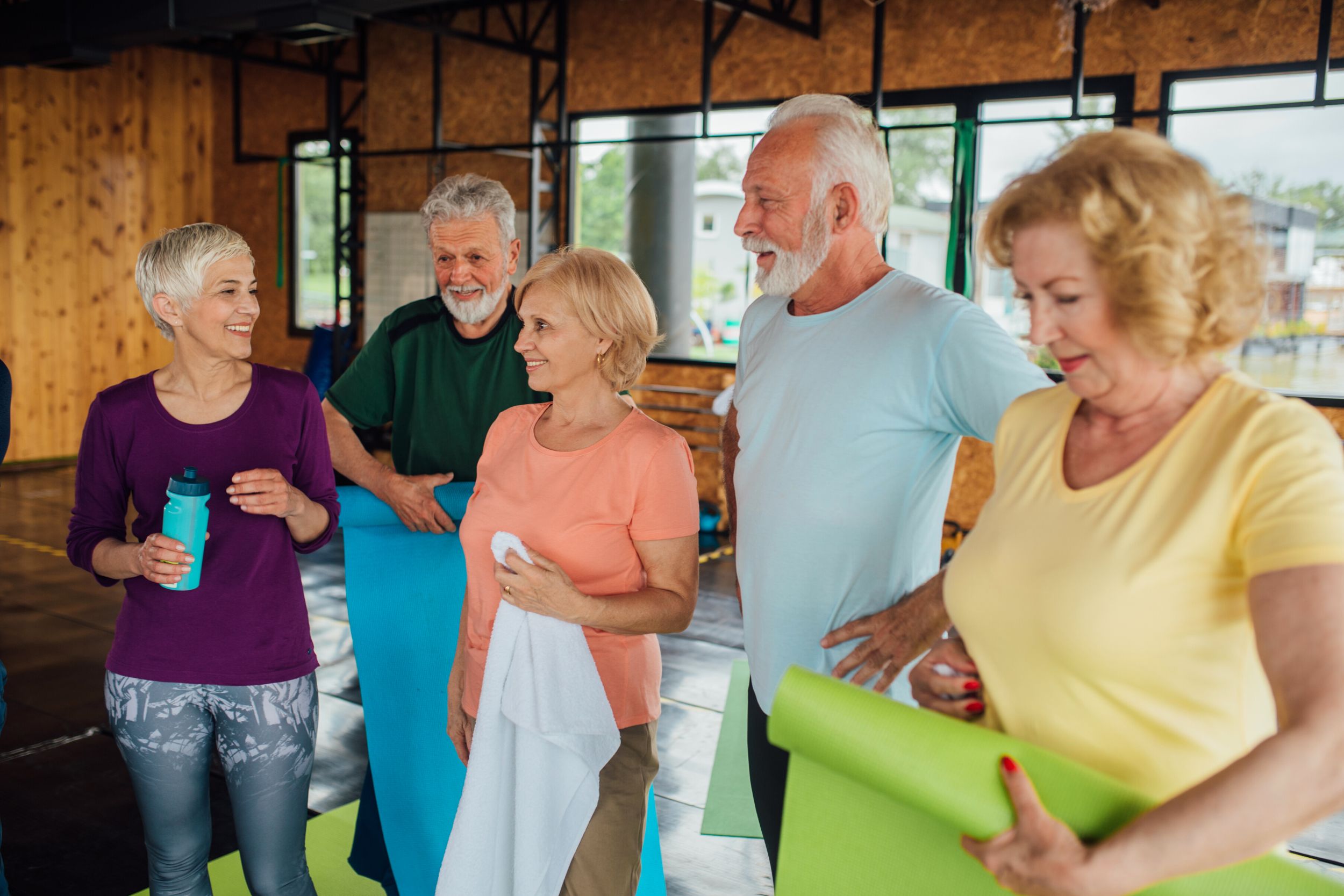
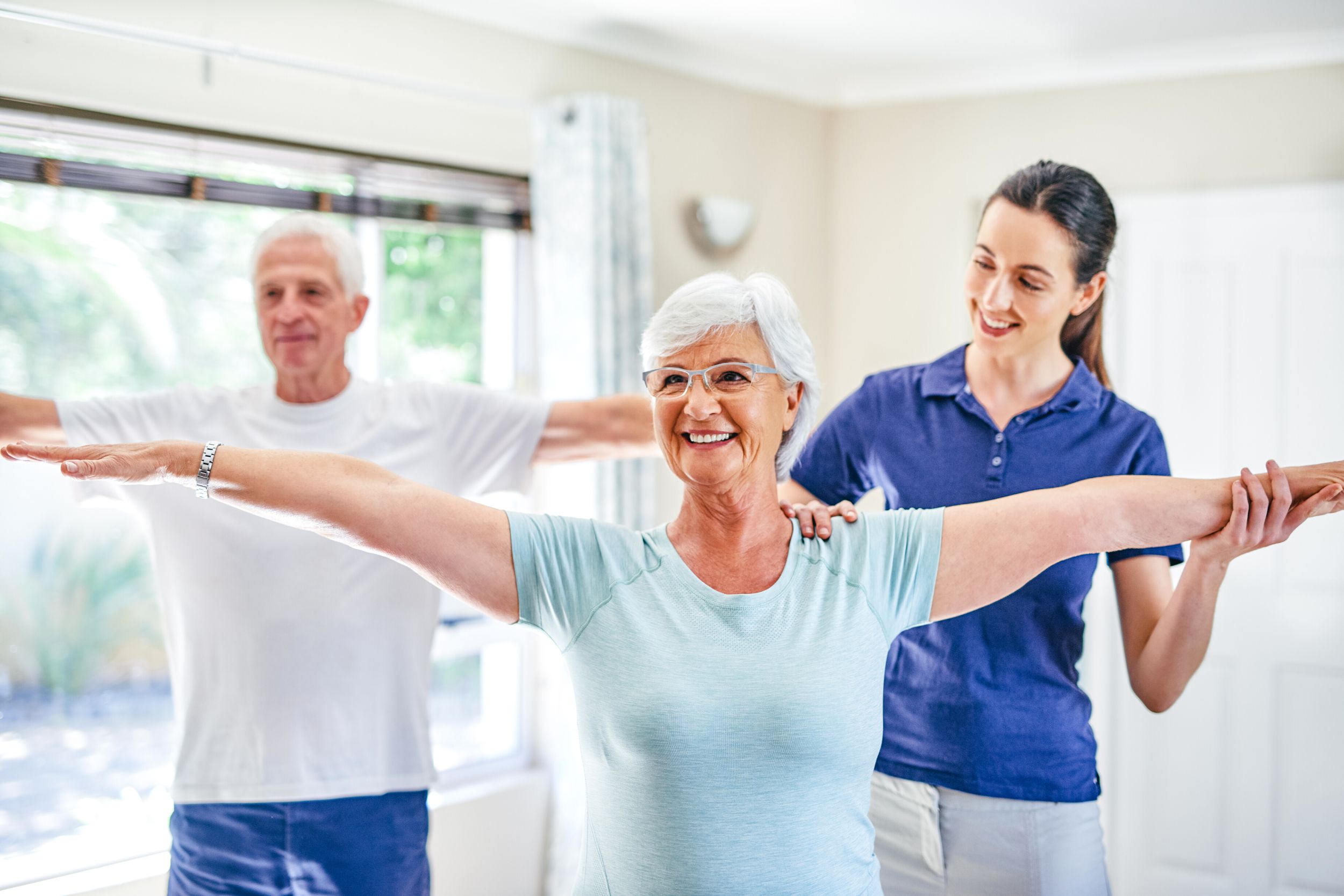
Reduced Independence: As the disease progresses, people with Parkinson’s often find that they need more help with daily activities. This loss of independence can negatively impact their self-esteem and overall mood.
Sleep Problems and Fatigue: Sleep disturbances are common in Parkinson’s disease and can contribute to mood changes, irritability, and difficulties with concentration and memory.
Cognitive Changes: Some people with Parkinson’s may experience cognitive changes, including difficulties with attention, memory, and problem-solving. These changes can impact social interactions and contribute to feelings of frustration or embarrassment.
Fear of Stigma: The fear of being stigmatised because of their condition can lead to anxiety, reduced self-esteem, and social withdrawal.
Our program can greatly help individuals cope with these emotional and social impacts. Having a plan in place and seeing progress can help to lift mood and address feelings of helplessness. It helps clients with their sense of independence and confidence and can help reduce dependence on medication.
A key benefit of our program lies in the compassionate advantages derived from interacting and forming connections with individuals who possess a deep understanding of the disease. This understanding could be due to their personal experience living with Parkinson’s, or their professional knowledge in treating those affected by it.
What are the Next Steps?
An exercise program and plan is then put together for treatment of Parkinson’s Disease based on current fitness levels and the management of each individual’s physical condition and capabilities. This program includes an individualised exercise program based on each client’s needs. This plan for each individual client is designed in accordance with our company wide test and objective measure protocols of six weeks.
At the end of your first six-week journey with Atkins Health, our team check, test, track and analyse the results that you have achieved and re-prescribe accordingly. In our weekly or bi-weekly exercise sessions with our clients, we will ensure our plan is going the way we need it to, to ensure progress and results. When our clients are starting to see results, the Atkins Health squad recommends progressing to group-based classes. Whilst participants still work to their own tailored program, the camaraderie and fun social environment helps to promote faster results and promote life-long friendships too.
Enquire About Our Group Exercise Programs
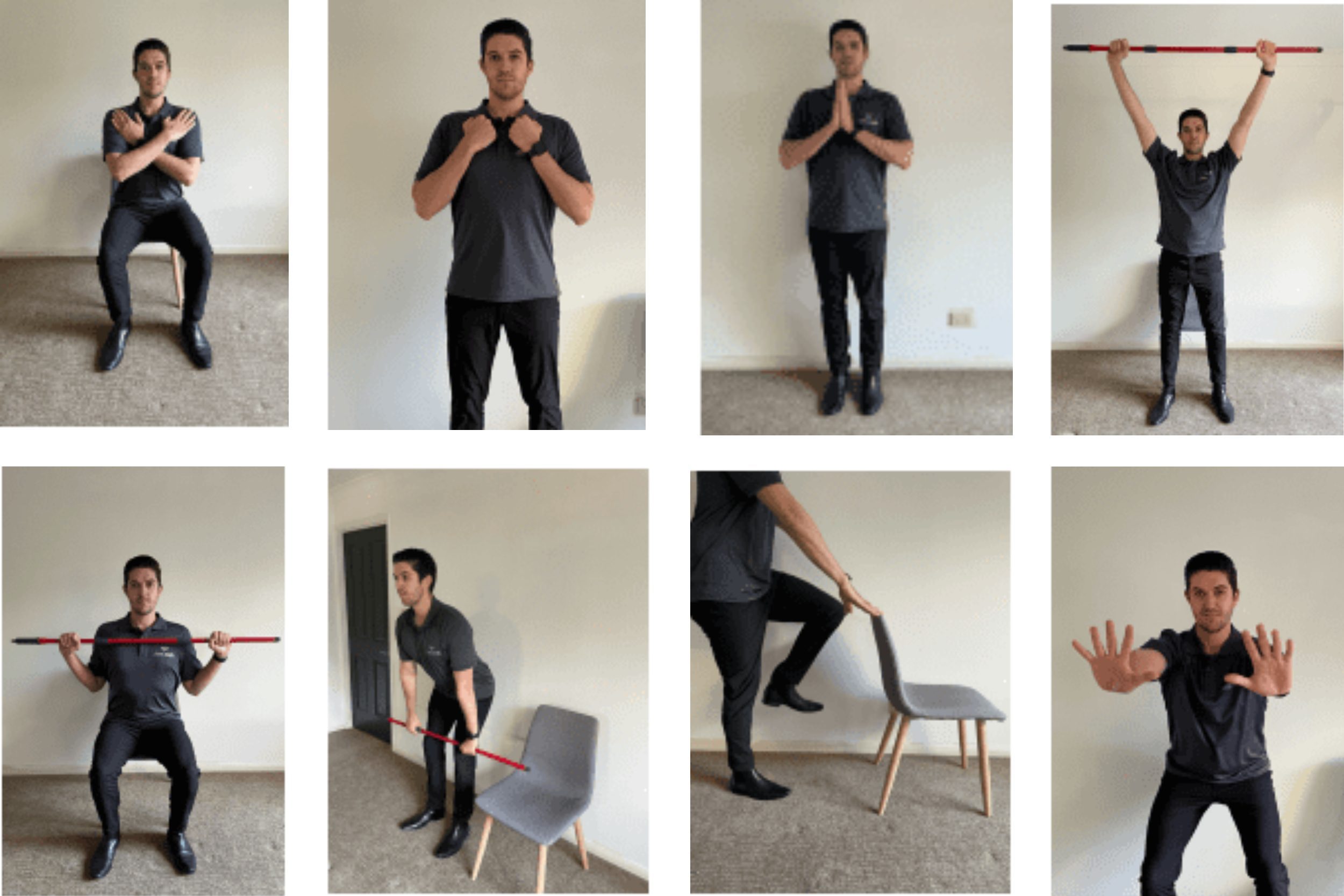
Ongoing Parkinson’s Help from Atkins Health
Access our Free Home Exercise Program
Our exercise physiology Gold Coast team has compiled a free program of the best exercises for Parkinson’s Disease that can be performed at home. The free downloadable exercise program provides instruction, images and a tracking card for eight exercises that can be performed at your convenience. Access the program here.
Our process
Initial Assessment
An initial 45 minute assessment with one of our practitioners is required for us to understand your current health status, lifestyle and goals.
One-on-one or group classes
We will design a customised program specifically for you to follow to reach your goals, be that at one of our gym-based clinics, at home, or through telehealth coaching.
Six-Weekly Reviews
We conduct six-weekly assessments to ensure that we review your achievements against your goals, and reset requirements for the next period.
Who we work with
New or Recent Parkinson’s Diagnosis

A Parkinson’s diagnosis can be a worrying time. At Atkins Health we create a supporting environment where you’ll work with experts who understand Parkinson’s and its impacts.
Living with Parkinson’s and New to Exercise

Even if you don’t have a history of exercise, or a gym is an unfamiliar place, our program is designed for your abilities and to ensure that you’re in an environment where you feel comfortable and make progress.
Continuing a Parkinson’s Program
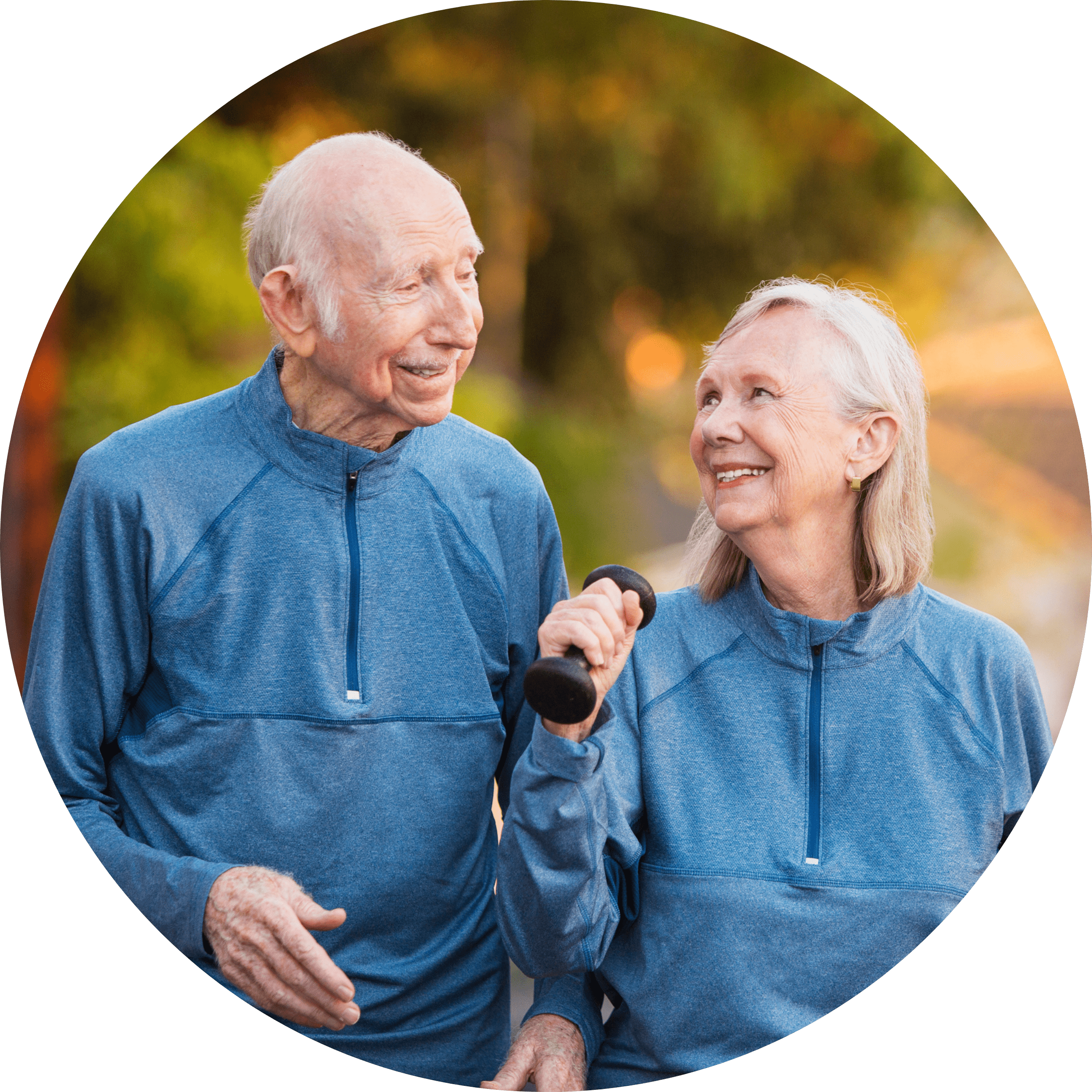
Six-weekly reviews provide the opportunity to reset goals and ensure that individual needs are being met. Our program is designed to be ongoing and to address changes as they occur.
FUNDING YOUR ONGOING HEALTH CARE
Client testimonials
Very dedicated and happy trainers.
DAWN BRENNAN
I really enjoy working on my health with the Atkins Health team; everyone is welcoming, caring and understanding of so many disabilities and health concerns. I get answers to my questions, alternative ways to tackle an exercise (if I’m too stiff or it hurts etc.), and I’m more confident now.
JOANNE GOULD
I appreciate what the Atkins group do for me. I know it will be spot on.
MARTIN ROSE
Latest Blog Articles
It can be easy to get caught up in the good carbs vs bad carbs narrative. Our Accredited Practising Dietitian provides a dose of reality and evidence-based truth.
Come and join Ben, every Friday morning in Robina for a two hour walking program, delivered in conjunction with Gold Coast Health to support the community with a monitored exercise routine.

